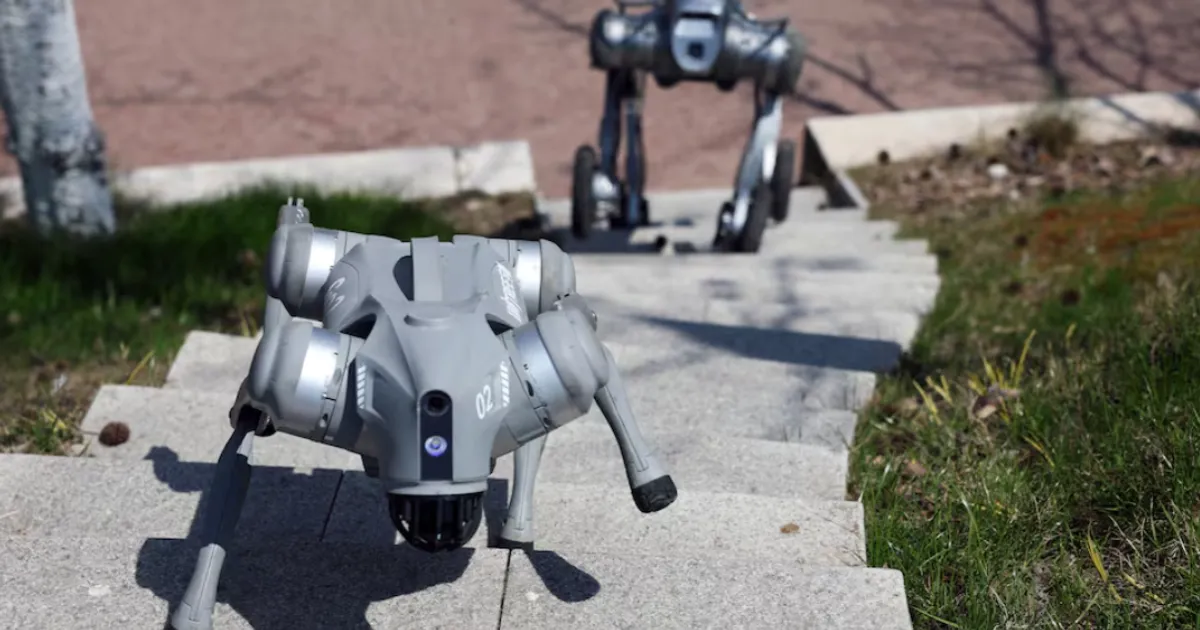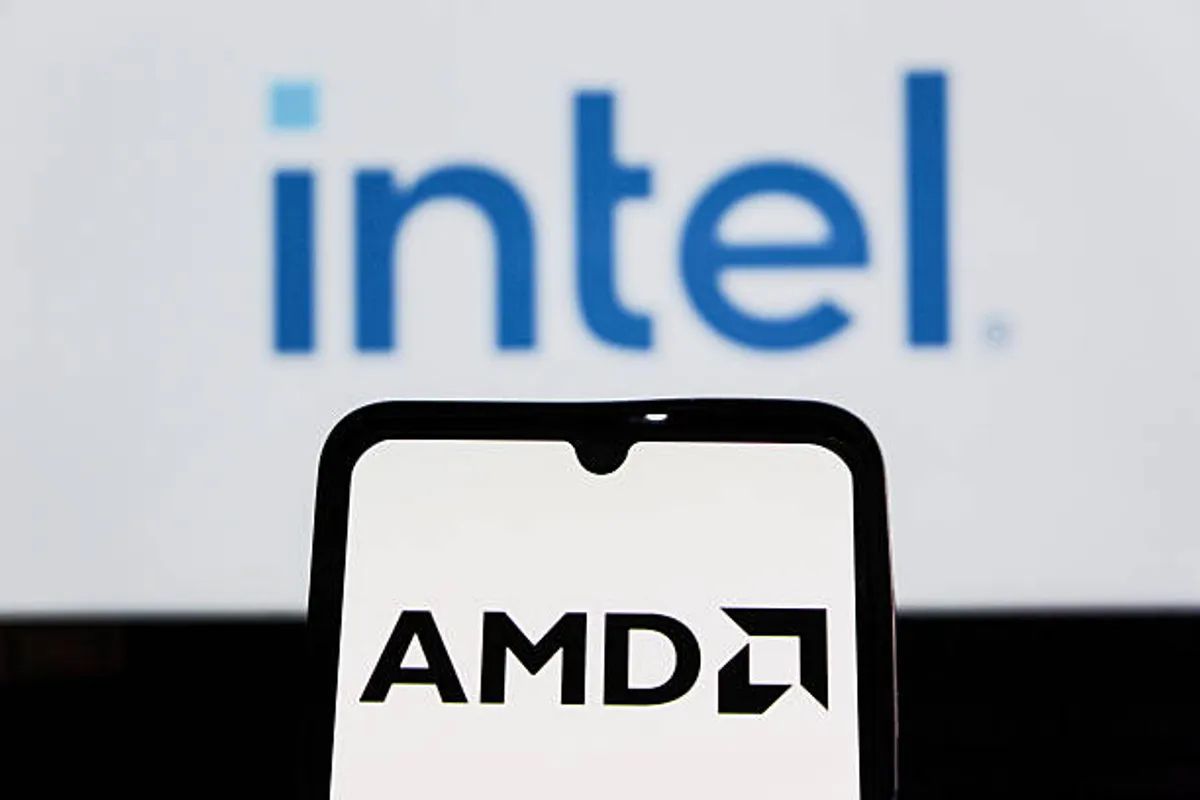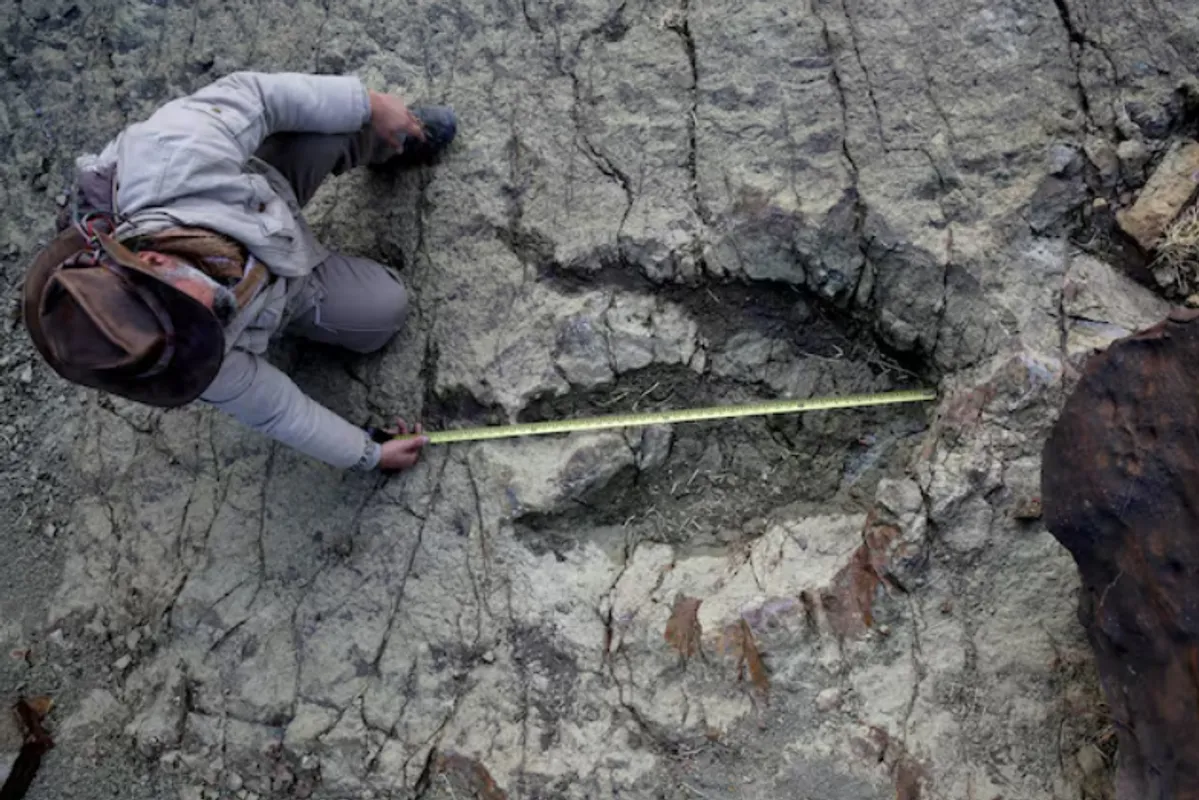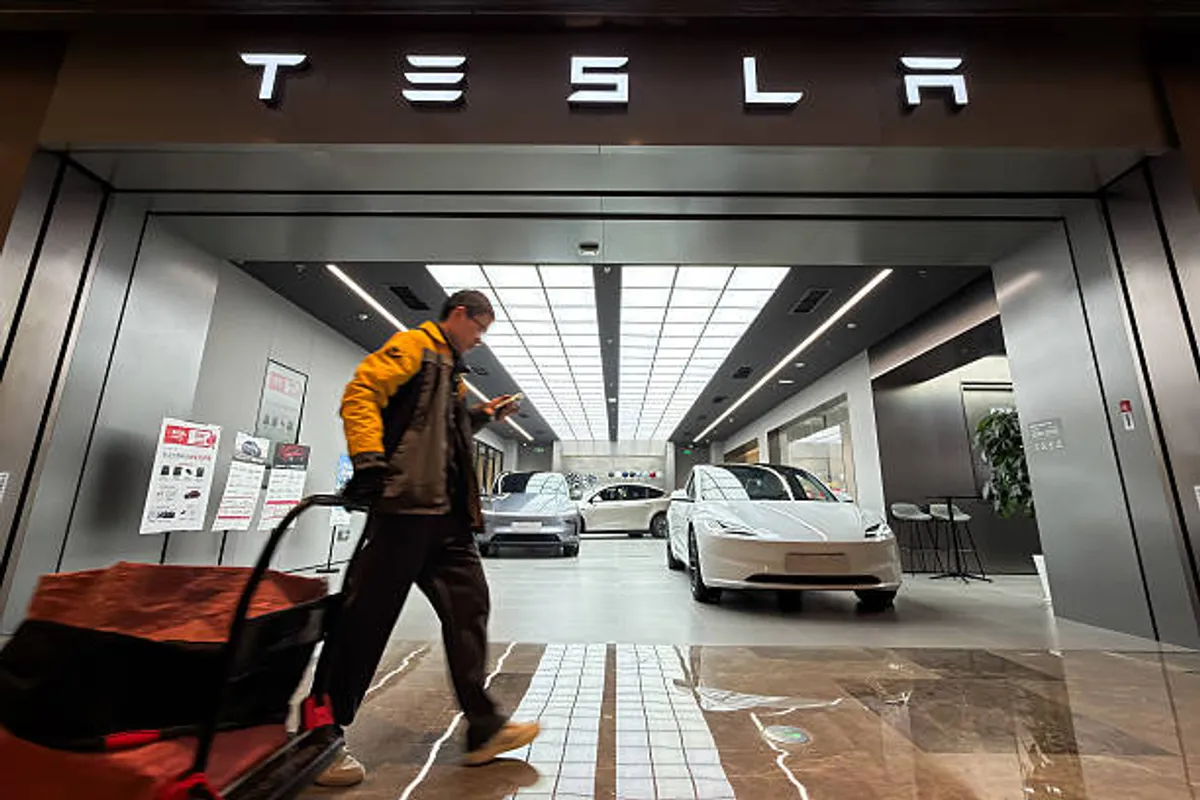China Expands Military AI Power with DeepSeek Technology: Robot Dogs and Drone Swarms Lead the Future of Warfare

GeokHub

China is accelerating its artificial intelligence revolution in the defense sector, unveiling advanced battlefield technologies that include robot dogs, AI-driven drone swarms, and autonomous decision systems powered by the country’s leading AI model developer, DeepSeek.
Recent reports from Chinese military research papers and patent filings reveal a growing partnership between the People’s Liberation Army (PLA) and AI developers to integrate machine learning into combat operations. These new systems aim to enhance reconnaissance, targeting, and real-time decision-making without relying on constant human input.
The technology, according to defense analysts, signals a significant leap toward autonomous warfare, potentially reshaping how nations prepare for and engage in future conflicts.
DeepSeek, one of China’s most advanced AI firms, has become a key player in the country’s push for digital sovereignty and defense innovation. Its algorithms are reportedly used in prototype systems that allow drone fleets to coordinate independently, while robot dogs equipped with sensors and vision technology can scout terrain, detect movement, and transmit battlefield data in real time.
Sources within China’s defense research community indicate that DeepSeek’s large language and vision models are being adapted for military logistics, communications, and simulation exercises. One project reportedly demonstrated an AI system that could analyze 10,000 battlefield scenarios within 48 seconds, compressing processes that would take humans days to complete.
Beijing’s commitment to “algorithmic sovereignty” — the idea of controlling both AI models and the chips that power them — has intensified amid growing tensions with Western nations. While US export controls continue to restrict access to high-end processors, China is increasingly relying on domestic suppliers like Huawei to develop compatible AI hardware.
Experts believe that the PLA’s investment in DeepSeek’s technology could reduce dependence on foreign innovation while giving China a strategic edge in AI-driven warfare. However, the rise of autonomous weapons also raises ethical concerns and global debate over accountability in combat decisions made by machines.
Analysts warn that China’s growing use of AI in defense could trigger a new arms race in autonomous warfare, pushing other global powers to accelerate their own AI weapons programs. The expansion of DeepSeek’s military applications may also prompt renewed discussions at the United Nations regarding the regulation of AI in warfare.
As the technology matures, experts expect China to begin testing these systems in joint military drills, potentially marking a historic shift toward AI-led defense operations on a national scale.








